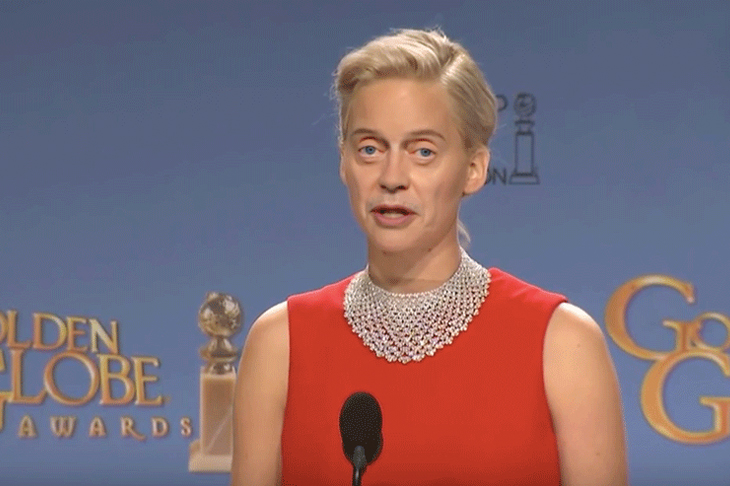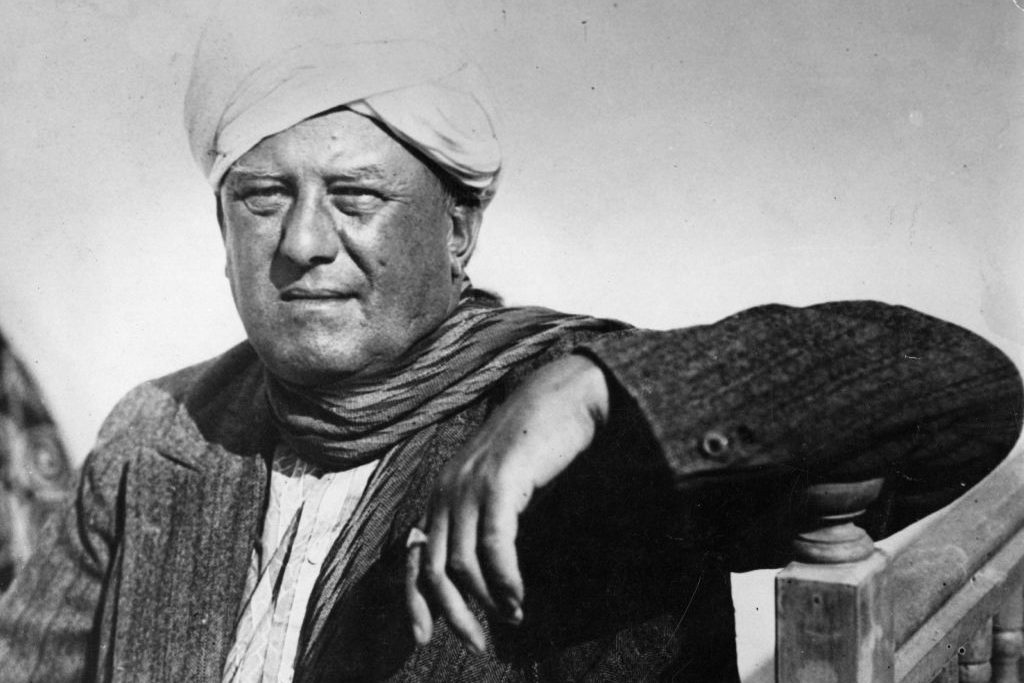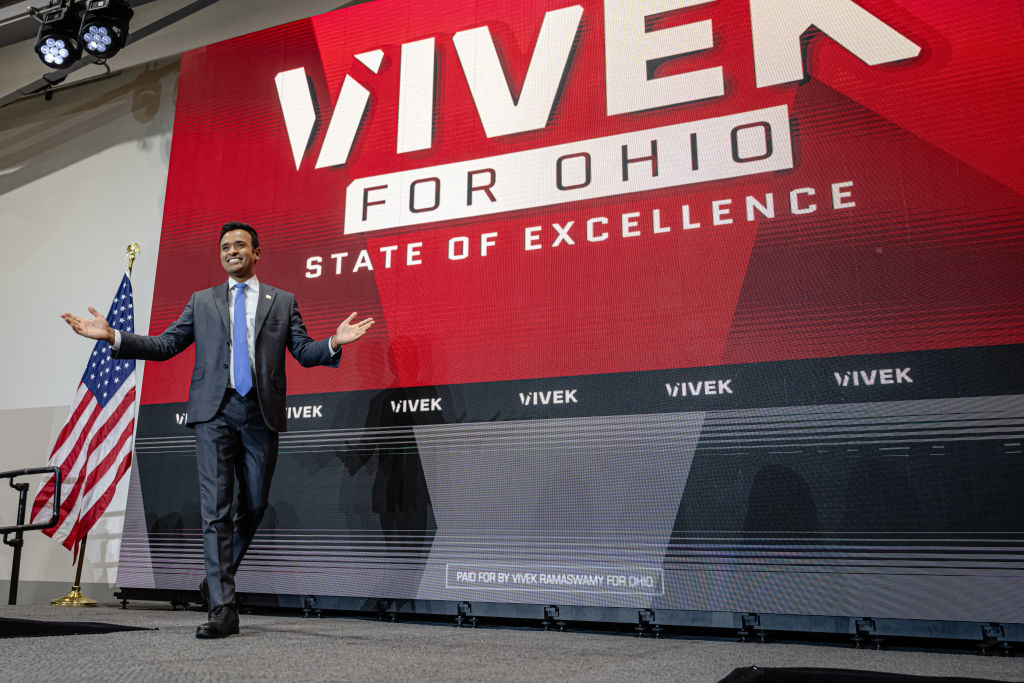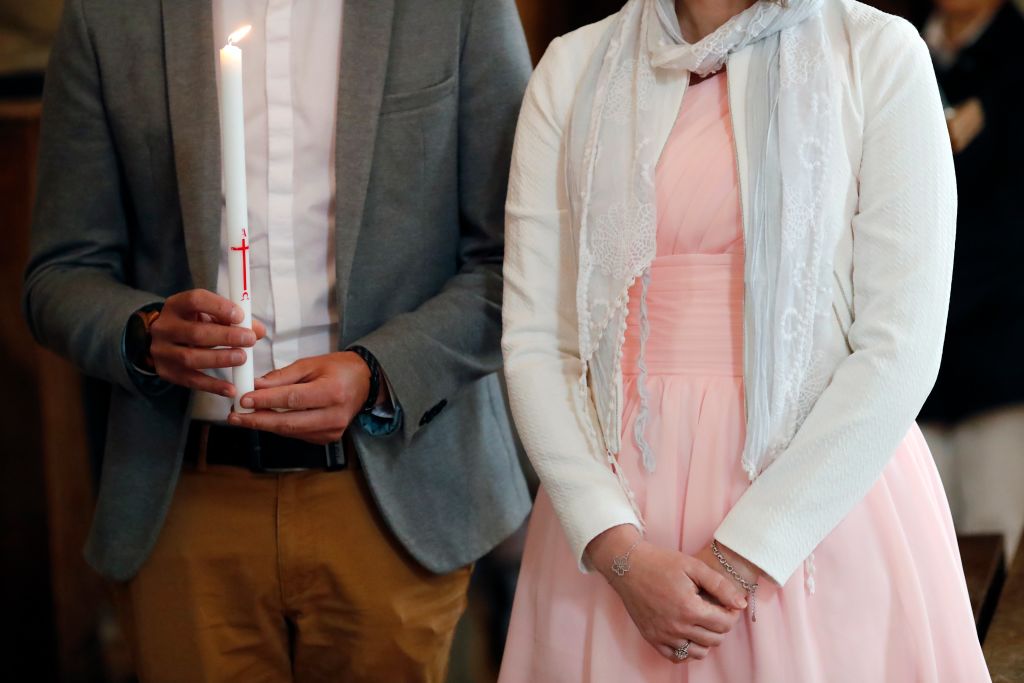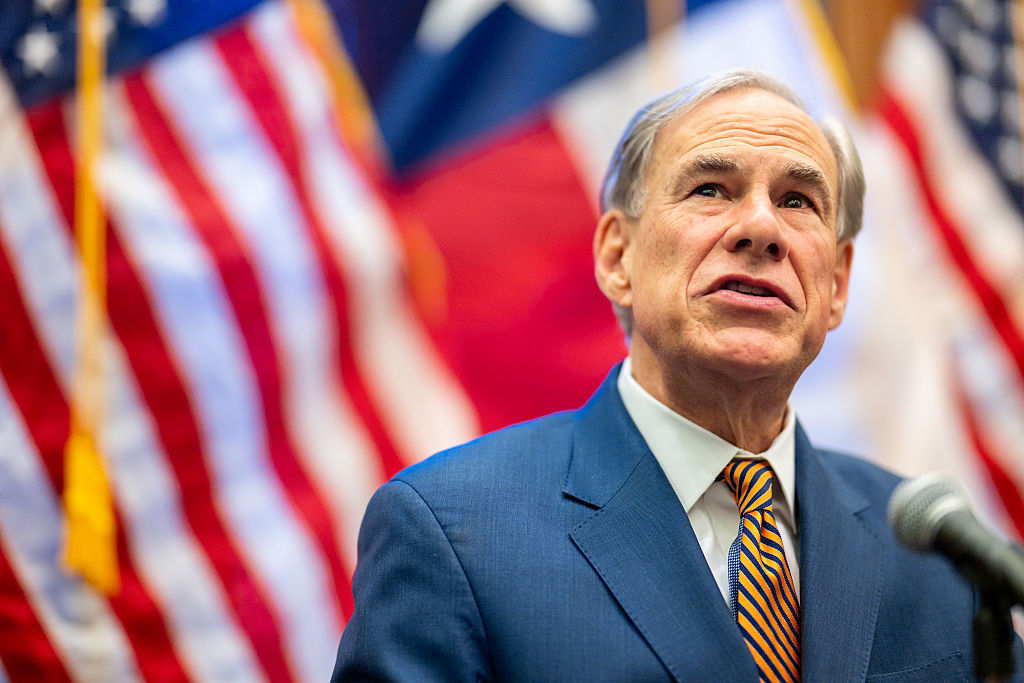The faked video of Nancy Pelosi slurring her words as if she was drunk was shared on social media over 2.5 million times. The video wasn’t only shared by random accounts intent on spreading misinformation. Those willing to believe it, or at least to seem willing to do so, included Trump attorney and former NYC mayor, Hizzonor Rudy Giuliani.
‘What is wrong with Nancy Pelosi? Her speech pattern is bizarre,’ Giuliani asked, before his critical faculties kicked in and deleted the post. Though Facebook has banned some forms of speech, including white nationalism and fair housing ads from the city of Houston, it opted not to take down the doctored Pelosi video.
The concept of reality is under threat. Endemic misinformation and ‘deepfakes’ are part of the ‘democratization of forgery’. The trend is increasing. In the United States, where free expression is enshrined as a fundamental right in our founding documents, neither government nor tech companies are ever going to be in a position to seriously curb the infiltration of fakes into our digital culture.
In a sense, this is as it should be. Americans, as individuals or groups, have never quite got behind the idea of trusting government and corporations to do what’s in the best interest of the citizenry. While Facebook struggles with problems of how to structure and implement standards, and even White House staff are known to share fake videos, the public is left to its own devices to figure out what’s real and what isn’t.
The technology for manipulating reality is new, but the phenomenon of reality confusion is not, and neither are the tools that we can use to fight it. Critical thinking, that faculty that is so often lambasted as missing, underused, and under taught, needs to make a comeback. To think critically is to analyze facts in order to form a judgment or make a determination. With so many fictions parading as facts, and more on the way, how do we define reality when every political, social, and cultural perspective is vying for control of the narrative?
Culture is now pervaded with a moral relativism which gives every perspective the same weight as any other. When Roxane Gay and Christina Hoff Sommers took to the stage in Australia last month to talk about feminism, Sommers was aghast at Gay’s perspective on legal, anti-female discrimination in Saudi Arabia. Gay said: ‘It would be really presumptuous of me as a feminist to think that I would know best what’s best for Saudi Arabian women.’
Perhaps it would be really presumptuous to think that allowing women to leave the house without a male escort would be good for all women everywhere. Gay’s view amounts to ‘who are we to tell others what’s right or wrong for their culture?’ Sommers’s view is more like ‘there is a universal standard of morality regardless of local culture.’ The relativist perspective rests on nothing but the shifting sands of the surface of our culture. The universalist perspective is rooted deeply in Western traditions religious and secular, but is being uprooted by modern culture.
The factional struggle for narrative dominance is merging with the high-tech weapons with which the struggle is waged. We don’t have the legislative or technical tools to fight them. Ironically, the openness of American traditions of free speech makes the US especially vulnerable to the overthrow of reality. Only critical thinking can protect our democracy against deepfakes, heavily biased news sites, and language manipulation. Moral guidelines are a sounding board in informational life as in social life.
This is why I teach decision-making, by way of Catholic catechism, to seventh graders in Brooklyn. Religion is a larger project than a belief in a higher power or omnipotent being. It is the essential baseline against which everything else can be measured –– a collection of analytical and ethical standards by which to interpret and interact with the external world. Religion has lately taken a beating: abuse scandals in the Catholic Church, anti-scientific measles outbreaks in Orthodox Jewish communities, Muslims living under the shadow of terrorism. But the imperfect practice of religion does not negate the reason for praying, meditating, and considering deeper questions. Religious teaching can equip children reared in an atheist, materialist culture with the tools to parse that culture, so they can sort out their own beliefs and standards, rather than being assaulted by the culture’s demands for their allegiance.
Strict adherence to a moral guideline isn’t what’s necessary, though the practice of tradition, and rites of passage that confer adulthood remain essential. Instead, knowing that moral guidelines exist, how they are defined, and why they are valuable in decision-making is enough. To discern fact from fiction, we must resurrect the principles that we know can bear the weight of our questions.



